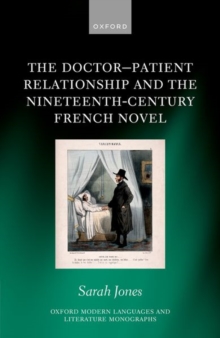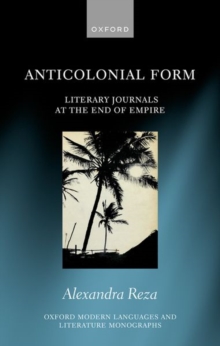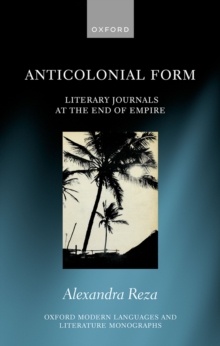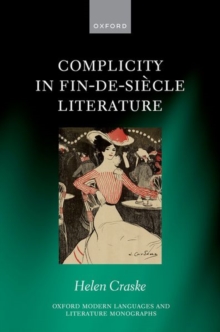
Poets, Patronage, and Print in Sixteenth-Century Portugal : From Paper to Gold EPUB
by Simon Park
Part of the Oxford Modern Languages and Literature Monographs series
EPUB
Description
Portugal was not always the best place for poets in the sixteenth century.
Against the backdrop of an expanding empire, the country's annexation by Spain in 1580, and ongoing religious controversy, poets struggled to articulate their worth to rulers and patrons.
This did not prevent them, however, from persisting in their craft.
Indeed, many of their works reflected precisely on the question of what poetry could do and what, ultimately, its value was.
The answersthat poets like LuÃs de Camões, Francisco de Sá de Miranda, António Ferreira, and Diogo Bernardes offered to these questions, and which are explored in this book, ranged from lofty ideals to the more practical concerns of making ends meet when one depended on the whims of the powerful. This volume articulates a 'pragmatics of poetry' that combines literary analysis and book history with methods from sociology (network analysis, sociology of professions, valuation studies) to explore how poets thought about themselves and negotiated the value of their verse in the court, with patrons, or in the marketplace for books.
It reveals how poets compared their work to that of lawyers and doctors and tried to set themselves apart as a special group of professionals.
It shows how theythreatened their patrons as well as flattered them and tried to turn their poetry from a gift into something like a commodity or service that had to be paid for.
While poets set out to write in the most ambitious genres and to better their European rivals, they sometimes refused to spend monthscomposing an epic without the prospect of reward.
Their books of verse, when printed, were framed as linguistic propaganda as well as objects of material and aesthetic worth at a time when many said that non-devotional poetry was a sinful waste of time.
This is a book about the various ways in which poets, metaphorically and more literally, tried to turn poetry and the paper it was written on into gold.
Information
-
Download - Immediately Available
- Format:EPUB
- Pages:208 pages
- Publisher:OUP Oxford
- Publication Date:24/06/2021
- Category:
- ISBN:9780192650252
Other Formats
- PDF from £51.46
Information
-
Download - Immediately Available
- Format:EPUB
- Pages:208 pages
- Publisher:OUP Oxford
- Publication Date:24/06/2021
- Category:
- ISBN:9780192650252










